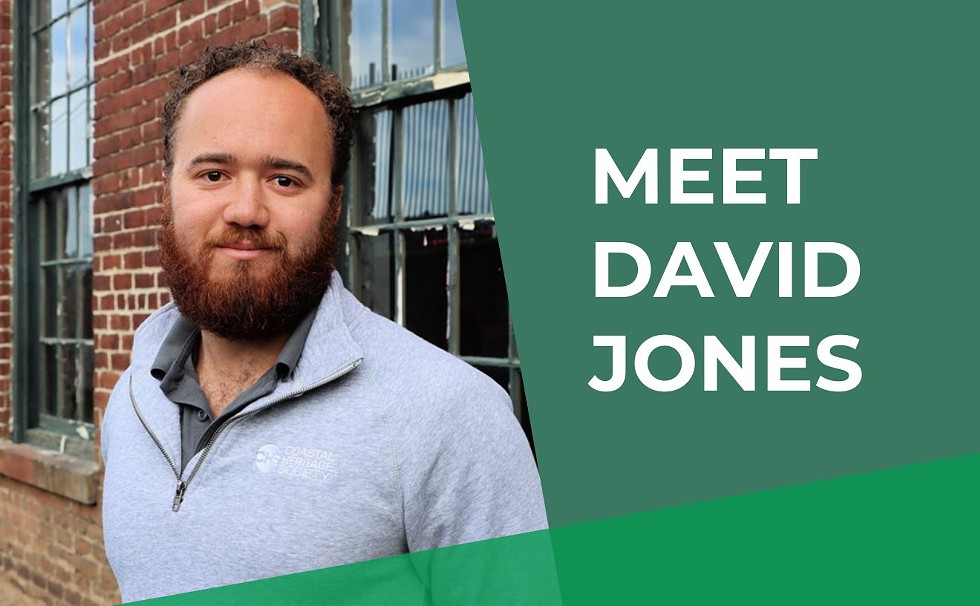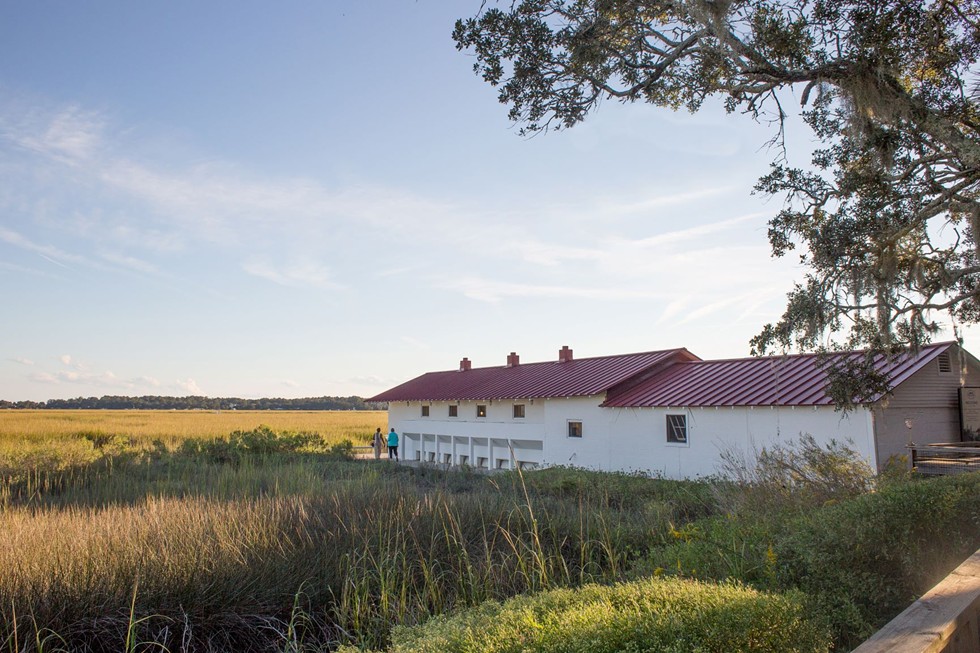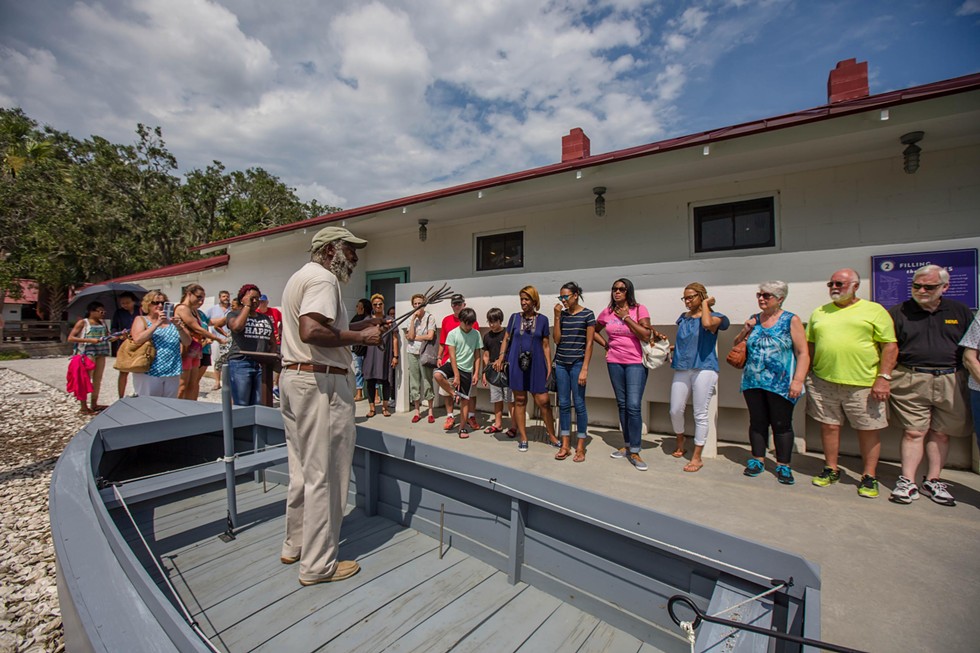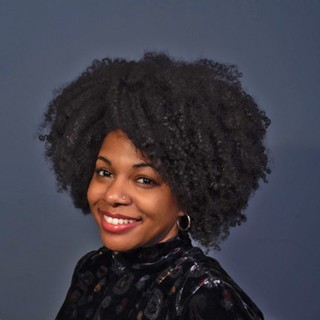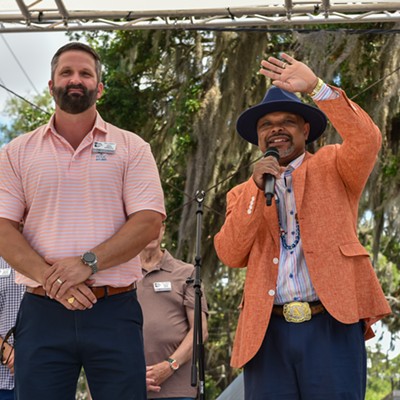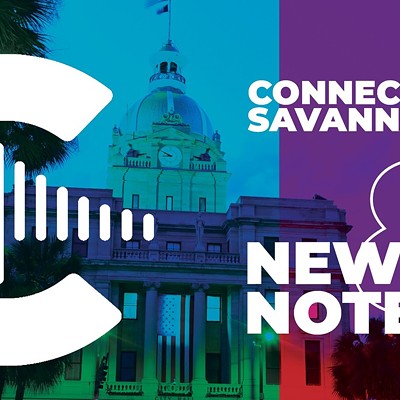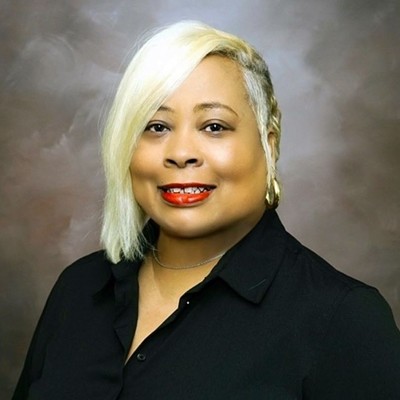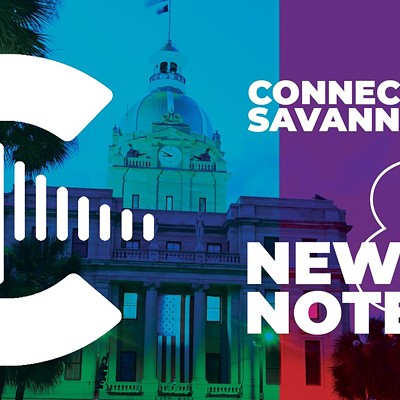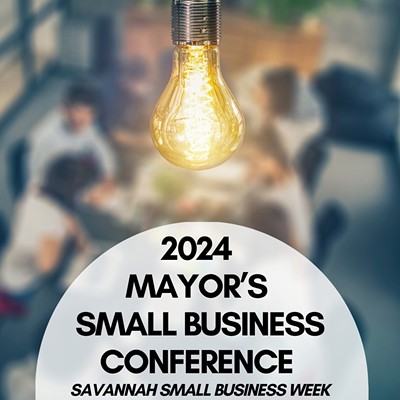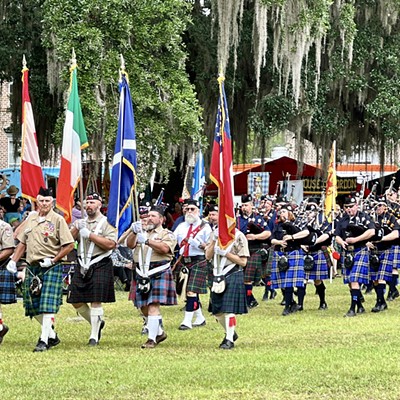An administrator at Pin Point Heritage Museum educating the public about Savannah’s Gullah/Geechee community
Located on the bank of Savannah’s picturesque Moon River, Pin Point is a community of Gullah/Geechee residents who have inhabited the area since the late 1800s. There, visitors will find Pin Point Heritage Museum, which tells the story of this community through engaging exhibitions in the former A.S. Varn & Son Oyster and Crab Factory where many of Pin Point’s community members worked. Since its founding, the museum, which is a part of the Coastal Heritage Society, has welcomed visitors to learn about the history and culture of this tight knit African-American fishing community, presenting a unique opportunity to learn about Gullah language, foodways and traditions.
David Jones, the site administrator at Pin Point Heritage Museum, has worked to educate the public about this local cultural treasure since he came onboard initially as a resource educator in August of 2018. Through the years, Jones has relished every opportunity to engage the public in learning about Savannah’s long standing Gullah/Geechee community at Pin Point.
“Since its beginning in the 19th century, Pin Point was a self-sufficient community, living off the land in coastal waterways,” said Jones. “Currently there are 100 to 150 residents.”
From the 1890s when Pin Point was founded to present day, the community members subsisted on the bounty of the river, with many residents working in the local oyster factory from childhood into adulthood. The coast is an indelible contributor to their culinary culture, with rice and seafood as important staples of their diet. Many of their dietary practices came to them from their African ancestors who were stolen across the Atlantic during the Middle Passage. Likewise, the language links back to Africa with influences from the cultures encountered along the way to the Americas.
“The Gullah language comes from various African languages, not just West African, as well as European languages blending together. As slave ships crossed the Atlantic, some arrived in the Caribbean. This is how we get what is known as Patois. While others would continue west and reach Louisiana. This is how what we Americans call Creole develops. While between North Carolina and Northern Florida, along the rice plantations, Gullah/Geechee language would form in their ancestors’ isolation,” said Jones.
There is a point of distinction between the terms Gullah and Geechee, and it differs for each community.
“In Pin Point, Gullah is the language and Geechee are the people, but that’s not true for every community. In some places, people identify as being Gullah and speaking Geechee; it depends on where you are,” he said, adding that both of these terms originate from Africa with Gullah being derived from Gola, a West African ethnic group, while Geechee is believed to be derived from Kissi, another West African group.
While the Gullah/Geechee culture maintains its ties to Africa, it is a unique facet of American history and culture with great local significance that people should want to know more about. Despite being somewhat hidden from mainstream society, the Pin Point community continues to thrive, and the museum implores visitors from near and far to come out and experience this vibrant community and culture.
“The Gullah/Geechee culture is still alive today, even though it may not jump out at you within Savannah. It has woven itself into Southern and American culture,” said Jones.
Gail Smith, a historical interpreter at the museum and member of the Pin Point community had this to say about her upbringing within the Gullah/Geechee culture:
“From the time we were able to walk and talk, we were taught to put our faith in God first and be respectful to each other, which made and shaped me into the person I am today.”
Jones encourages people to visit the museum and take advantage of other opportunities to connect with Savannah’s Gullah/Geechee history and heritage.
“People can learn more about Savannah’s Gullah/Geechee culture by visiting the Pin Point Heritage Museum and seeking out other cultural educators such as Gilbert Walker, the blacksmith; Georgia Benton of the First Bryan Church; the Freedom Trail and many other great resources here in the Savannah area.”
Pin Point Heritage Museum is located at 9924 Pin Point Ave. The museum is open Thursday through Saturday from 9 a.m. to 4 p.m. To learn more, visit chsgeorgia.org/phm.

